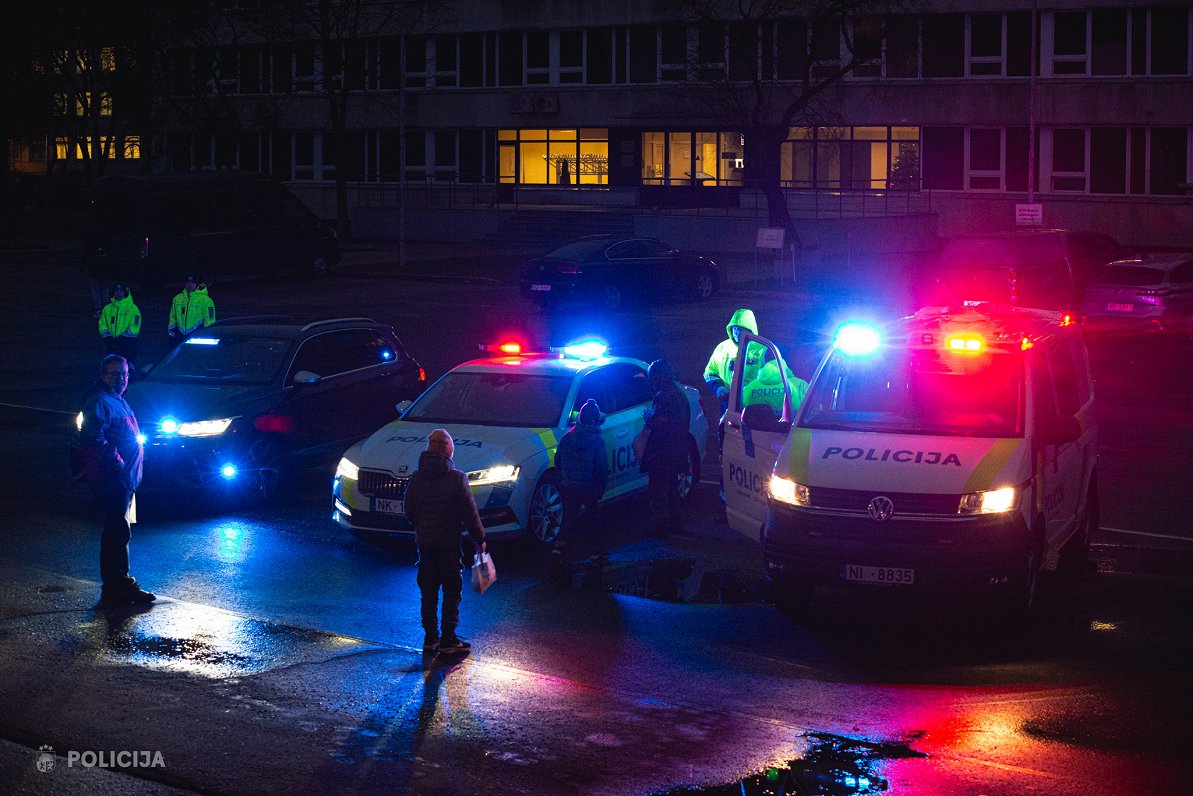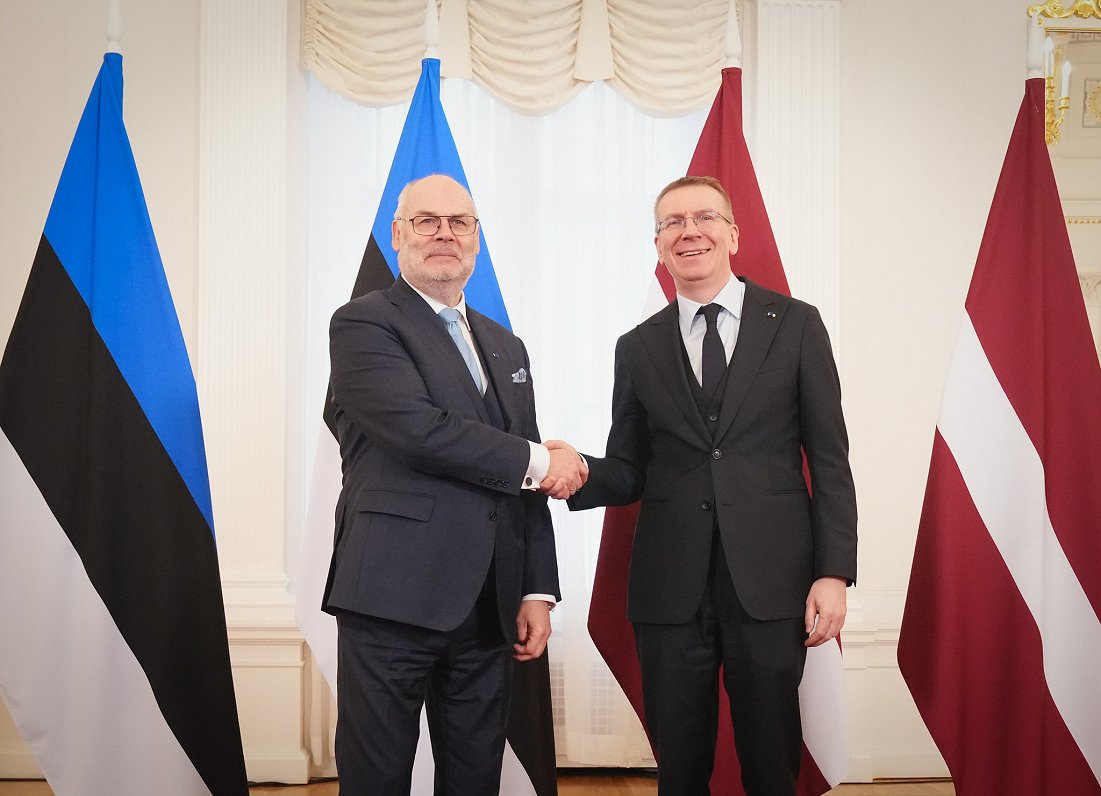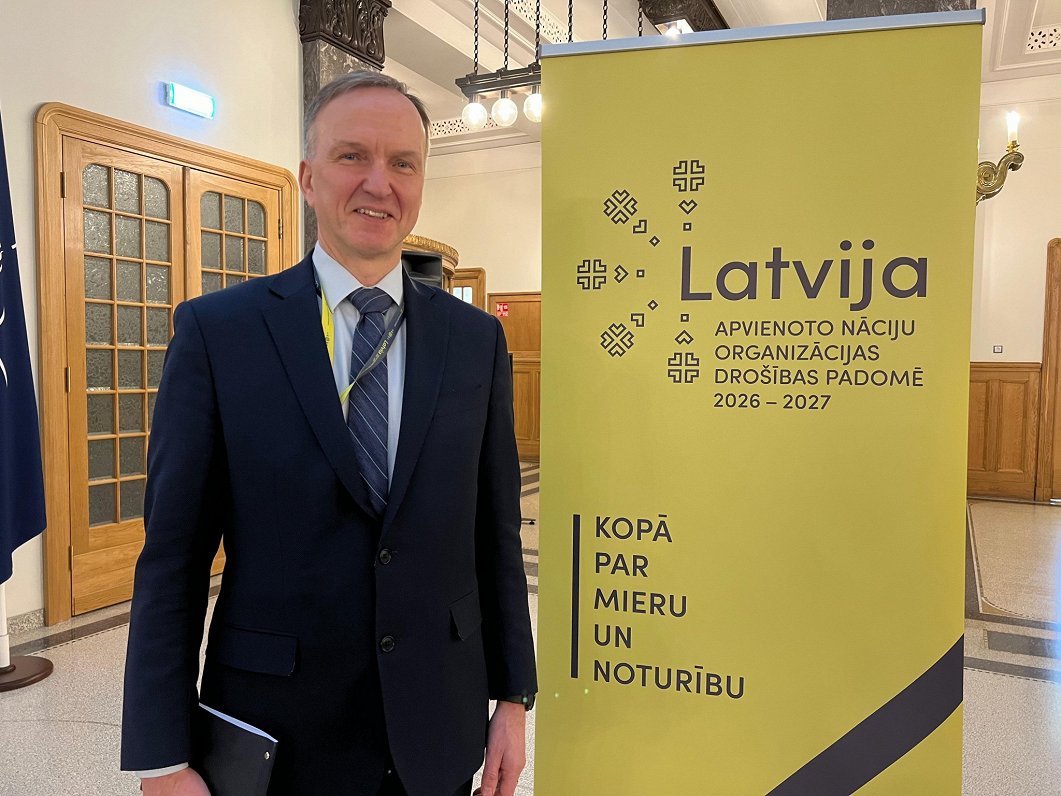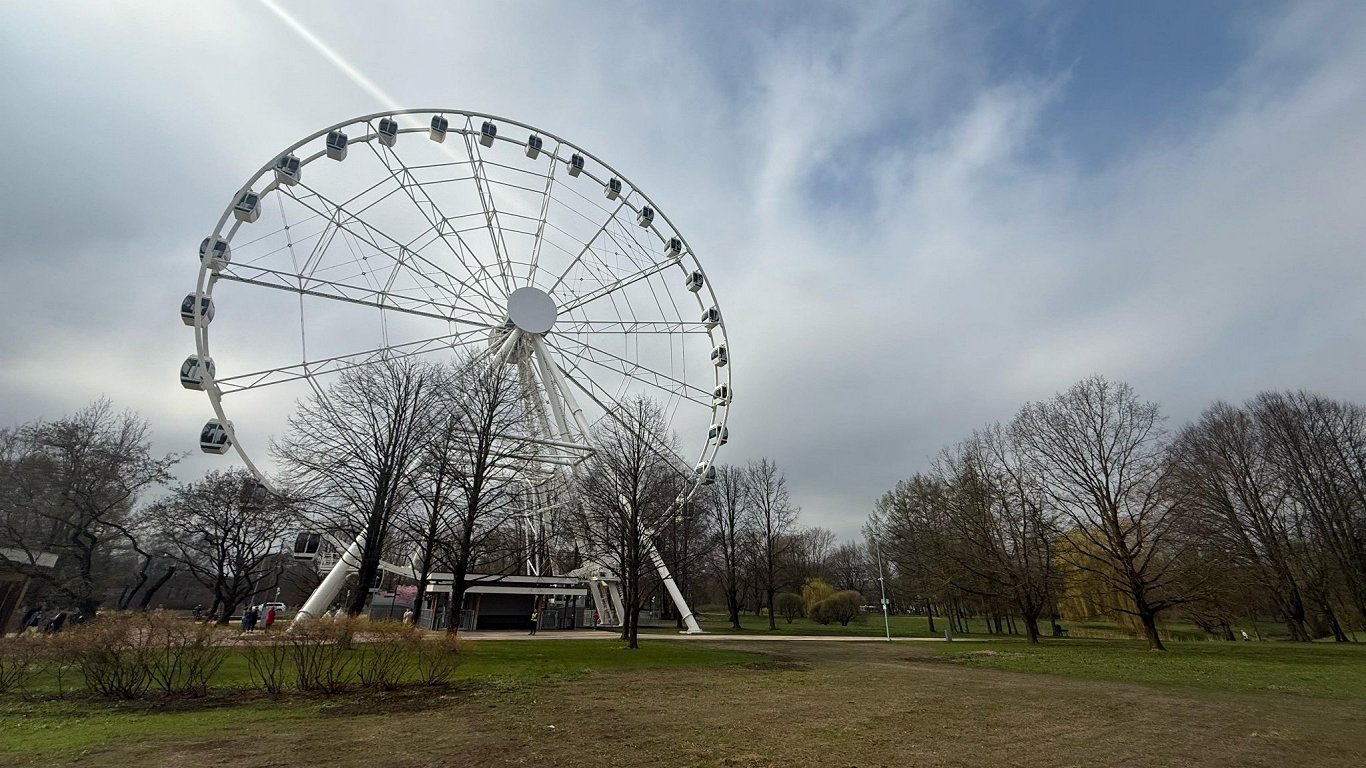Almost half (48%) of the Latvian population fully or partially supports the reintroduction of border controls at the internal borders of the European Union (EU) countries, according to the results of a survey conducted by Norstat for LSM.lv in November.
A total of 1,007 respondents took part in the survey. 16% strongly agreed that controls should be restored at the internal borders of EU countries, while 32% only partially agreed. 11% disagreed partly, 23% fully, and 19% said the issue was not important to them.
Almost equal numbers of women and men supported the reintroduction of border controls in full or in part, and the results were fairly equal for both gender groups among those who opposed the idea.
There were greater differences between regions. While the most opposed to the reintroduction of border controls at the internal borders of EU countries were residents of Riga (33%), Vidzeme had the highest proportion (45%) of those who were partly in favor of border checks.
The majority of Latvian speakers 60% supported the reintroduction of border controls compared to 26% of Russian speakers. 38% of Russian speakers disagreed completely, compared to 14% of Latvian speakers.
LSM.lv asked Andis Kudors, a foreign policy expert and lecturer at the Faculty of Economics and Social Sciences at the University of Latvia, as well as Andris Gobiņš, President of the European Movement in Latvia, what influenced this public assessment and what it means for the future of the Schengen area.
The temporary reintroduction of border controls between Schengen countries is nothing new or surprising. It is usually done during special events to reinforce security, said Gobiņš. This was the case, for example, during last year’s NATO summit in Lithuania. Therefore, in his opinion, the respondents were more likely to think about temporary than the permanent reintroduction of internal border controls.
“Or maybe there was some confusion between internal and external borders, because, say, the borders with Russia and Belarus are the ones that appear in the media every day,” Gobiņš said.
Meanwhile, Kudors was much more critical of the survey data:
“We are seeing the consequences of previous policies, namely that the weak control of the external borders of the European Union has led to anxiety inside the country and a desire to restore border controls in part of society.”
Kudors highlighted the European Union’s long-standing short-sighted policy on demography as a key problem.
“Demographic problems are pressing – children are not being born – and this problem is being solved by external migration, when labor is being brought in. But striking cultural differences have been ignored,” says Kudors. “It was thought that those who emigrate to Europe would necessarily integrate, adapt to European values, democracy, cultural peculiarities, and behave accordingly. We can see that some of them did, but some people from countries where Islam and radical Islamism are more prominent have brought these ideas with them,” he noted.
“And people are starting to think that now they have to control the Schengen area within it to maintain their identity environment and security,” Kudors explained.
Although Latvia still does not have as many people from other cultures and religions as some other parts of Europe, the data from the survey are likely to be indicative of people’s views, which have been shaped by what they see and hear in the media about the situation elsewhere, Kudors said.
Both experts mentioned the strengthening of external borders as one of the main challenges for strengthening security in the EU and in the Schengen area.
“External borders need to be better protected. In Germany, this is a very topical and wide-ranging debate at the moment. Also on migration. Germany is one of the countries where border violators often want to go through Latvia,” said the President of the European Movement in Latvia.
He also believes that we need to address the root of the problem, not the symptoms.
“And the root of the problem is all those actions that encourage people to leave their homes – that is war, poverty, unrest, much of which is facilitated by Russia,” said Gobiņš.





